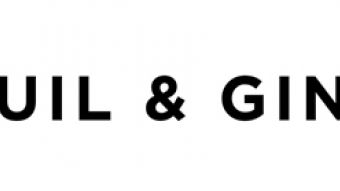LVMH defends position as Champagne shipments reach Russia
The drinks giant claims it cannot control the final destination of its products amid allegations of Moët Hennessy beverages being shipped to Russia via third parties.
LVMH, the French luxury conglomerate behind brands such as Moët Hennessy, Christian Dior, and Bulgari, is facing criticism following reports that its champagne has entered Russia through intermediaries, despite the company suspending operations there in 2022.
 Investigative outlet La Lettre revealed that Moët Hennessy worked with U.S.-based duty-free distributors, whose exports ultimately ended up in the Russian market. The company, however, has denied any wrongdoing, stressing the challenges of overseeing distribution networks globally.
Investigative outlet La Lettre revealed that Moët Hennessy worked with U.S.-based duty-free distributors, whose exports ultimately ended up in the Russian market. The company, however, has denied any wrongdoing, stressing the challenges of overseeing distribution networks globally.
“Some distributors have export activities. It is therefore impossible for Moët Hennessy to control the final destination of a product marketed by a distributor,” an LVMH spokesperson stated following questions about the report. The company emphasised that all its operations adhere to international laws and sanctions.
The luxury group ceased direct operations in Russia after the invasion of Ukraine, joining other Western brands in pulling out of the region. However, parallel imports — a legal practice allowing goods to enter Russia without direct agreements with brands — continue to ensure a steady supply of Western luxury items for Russian consumers.
While affluent Russians remain avid buyers of luxury goods, their share in the global luxury market is minimal compared to the US and China, LVMH’s key growth markets.
Looking ahead, LVMH’s Wines & Spirits division, soon to be co-led by CFO Jean-Jacques Guiony and Alexandre Arnault, faces broader challenges, including weakened U.S. demand and ongoing trade tensions with China. Despite these hurdles, the brand maintains its stance on compliance and transparency in all markets.





